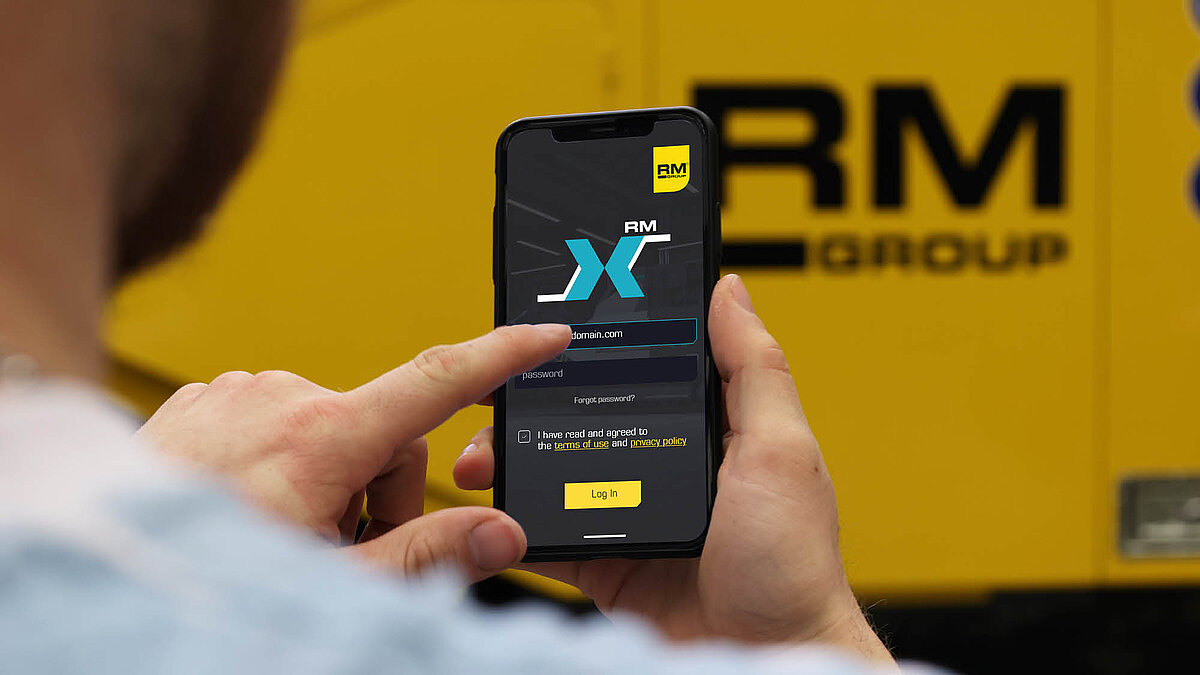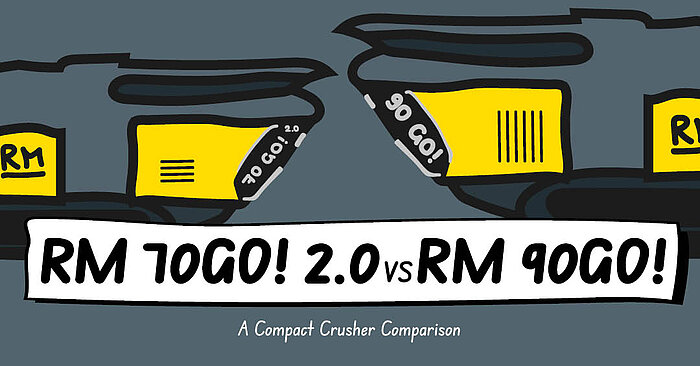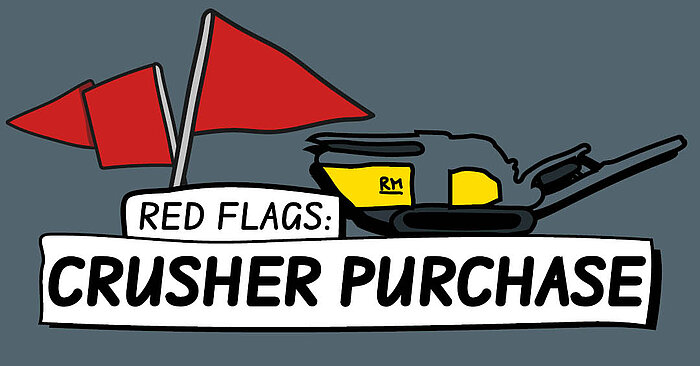Investing in a Compact Crusher is a big step for any contractor. While investment costs are significant the reward is also massive and the machine pays for itself by saving on disposal, trucking, and new aggregate costs. Compact crushers cost anywhere from $500,000 to $800,000 and beyond. This price range is indicative only and is affected by shipping costs, options, machine class, and warranty packages. Contact your closest RUBBLE MASTER dealer for accurate pricing.
For those seeking a cheaper option, a used compact crusher or rental return unit might be a good starting point. Additionally, there are also mini crushers and bucket crushers available in the marketplace. Those machines come at a cheaper price point because of significantly reduced production and low-grade material output.
Impact Crushers Work Harder Than Jaw Crushers
The price of a compact crusher depends on several factors. It depends on whether it is an impact crusher or jaw crusher. Impact crushers are more expensive than jaw crushers because they have more moving parts. However, impact crushers perform a different job and can produce a finished aggregate product (incl fines for compaction), while jaw crushers produce a 3-6” non-compactable material suitable for backfill or further processing.

A Mini Crusher is Not a Compact Crusher
A common misperception is that a mini-jaw-crusher is in the same performance/size class as a compact crusher. While the border is unclear, anything best fed with a Bobcat or mini excavator can be considered a mini crusher.
A compact crusher has more production capacity and allows for a bigger feed size. These machines are best fed with a 14–17-ton excavator. Hence, a compact crusher is more expensive than a mini crusher.
Learn why Nick with Dependable Demolition changed from a mini jaw crusher to a compact impact crusher. Today he's dominating his jobsite and producing material, people are waiting in line to buy!
An On-Board Screening System Adds to The Bill
A big difference between compact jaw crushers and compact impact crushers is that the latter feature an on-board screen and return conveyor for a closed-loop production of a DOT spec material. The screen segregates the finished product from the oversize and recirculates the material back to the crusher for further reduction.
Without a closed-circuit setup, you can’t produce a homogenous product (e.g., ¾”- base material) with one machine and without rehandeling your material. You need a separate screening plant to extract the ¾”- product from the crushed aggregates.
A closed-circuit system gives you more flexibility and reduces the number of machines and people involved in the production process so that you can make more money.

Premium Componentry and Options Add to the Price Tag
When considering compact crusher prices, you should consider certain components that drive the quality of the machine up.
Vulcanized Endless Conveyor Belts Last Longer than Hinged Connectors
Conveyor belts are consumables and wear out over time. An inferior belt will be prone to ripping easily, resulting in major downtime, loss of wear life, and high replacement costs. Endless conveyor belts will be more robust than hinged connectors, which are a natural weak point.
A thick multi-ply rip-stop belt with cleats lasts longer than a thin belt.
More Crusher Control Means More Costs
Controlling a compact crusher remotely requires more sensors and actuators. While many compact crushers offer only a limited control set, such as the start/stop of the feeder, RUBBLE MASTER Compact Crushers feature total crusher control.
Learn more about the RUBBLE MASTER radio remote control
Without being able to control all functions remotely, you must potentially get out of the safety of your cab and run down the pile to the crusher to operate a button. Total crusher control allows you to run with a smaller crew, and you can shut off the machine before major damage happens.

Electric Drives are More Expensive but More Efficient
Efficiency adds to your bottom line. Traditionally, crushers are powered hydraulically, which is simple but has several disadvantages over diesel-electric drives.
Operating a diesel-electric crusher, you…
- Burn less fuel.
- Generate less noise.
- Generate less heat (big plus for asphalt crushing)
- Troubleshoot issues easier and replace motors faster.
- Avoid issues with DEP because of broken hydraulic lines.
- Enjoy automated shut-down procedures in case of material jams.
- Reverse conveyor belts to clear out or unblock your machine.
- Start/stop belts individually for maintenance.
Learn more about the RUBBLE MASTER diesel-electric drive
Telemetry Provides More Data and Remote Access for Improved Service
More intelligence about your crushing operation helps you make better and faster decisions. Without clarity about your operation and the capability to trace errors, you run in circles to get an issue solved. Telemetry improves your uptime and makes you more money.

What’s the Right Compact Crusher for You?
Price shouldn’t be the first question. Buy cheap, buy often is very true when it comes to crushing equipment. Ultimately, this depends on technical factors such as your feed material as well as production and material quality goals.
In addition, you should also ask yourself the question what trajectory your business is on and what other materials do you want to process. Talk to one of our material processing specialists, who can help you find the perfect compact crusher for your business.






